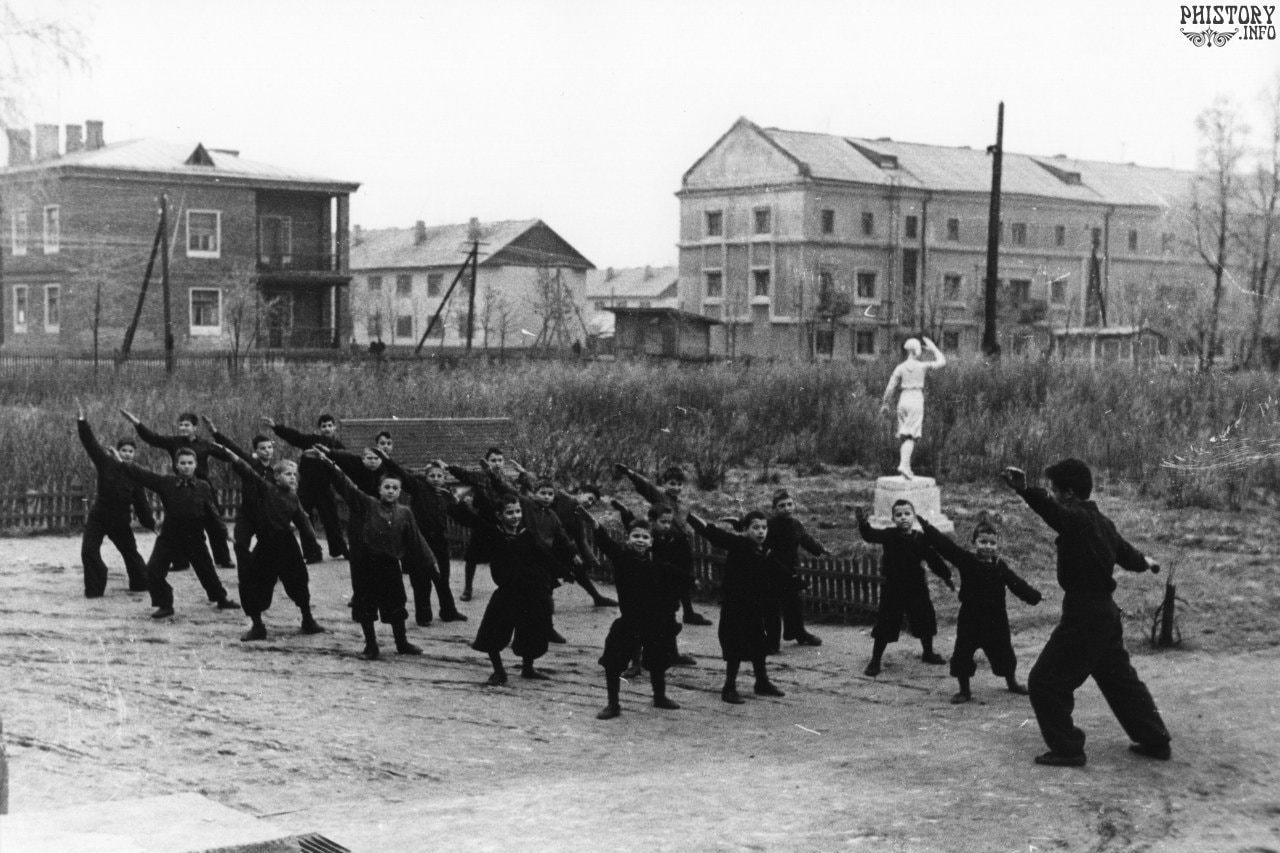Hear a lecture on the coexistence of personality with the collective in the society of developed socialism.
In the Soviet era, both people and words were subject to oppression. In the 1920s and 1930s, the concept of personality was labeled “bourgeois” and subdued in the collective. However, the thaw of the 1950s and 1960s was the time of dramatic change, which was reflected in the language. The bourgeois “personality” started to come out of the shadows and—without announcing the revolution—teachers, social thinkers, and even general secretaries of the Communist Party started talking about “harmonious personality development.” “Personal needs,” “personal growth,” and even “personal rights” became part of the official rhetoric.
How did personality coexist with the collective in the late Soviet era? What was the Soviet intelligentsia? What happened to the masses? And finally, were multitude and other social transformations possible in the society of developed socialism? These are just some of the questions that will be touched on by sociologist Alexander Bikbov, author of The Grammar of Order: Historical Sociology of Concepts That Change Our Reality.
